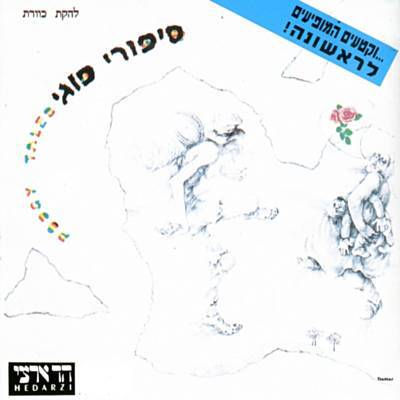On The Road To Independence
- Abby Hoberman

- Aug 5, 2019
- 1 min read


Halikha LeKesariya (Eli Eli) - Hannah Senesh הליכה לקיסריה (אלי אלי) –חנה סנש
1942
During WWII groups of Jewish Haganah soldiers from Israel went into Nazi occupied territories to save Jews across Europe from the Nazi regime. Hannah Senesh was executed by firing squad by the Hungarian-Nazi police force. She had been captured after parachuting into Europe with a group of paratroopers from the Haganah.
At the age of 23, Hannah Senesh became an epic and heroic figure largely due to the letters, poems, and diary entries she left behind, exposing to the world her deepest thoughts and feelings. Not long after her death, one poem that she had composed during a walk from her kibbutz, Sdot Yam, to the ancient Roman ruins of the port city of Caesarea, became her most famous. Known to most as "Eli, Eli," the poem "Halikha LeKesariya (A Walk to Caesarea)" was set to music by David Zehavi in 1945. The song became a symbol of the fight for the State of Israel.
Hebrew:
אלי, אלי, שלא יגמר לעולם
החול והים
רישרוש של המים
ברק השמים
תפילת האדם
החול והים
רישרוש של המים
ברק השמים
תפילת האדם
Transliteration:
Eli, Eli, Shelo YiGamer L'Olam:
HaChol V’haYam
Rishrush Shel HaMayim
Berak HaShamayim
Tefilat HaAdam.
HaChol V’haYam
Rishrush Shel HaMayim
Berak HaShamayim
Tefilat HaAdam.
Translation:
My God, My God, May these things never end:
The sand and the sea,
The rustle of the water,
The lightning in the sky,
The prayer of Mankind.
The sand and the sea, The rustle of the water, The lightning in the sky, The prayer of Mankind.



Comments